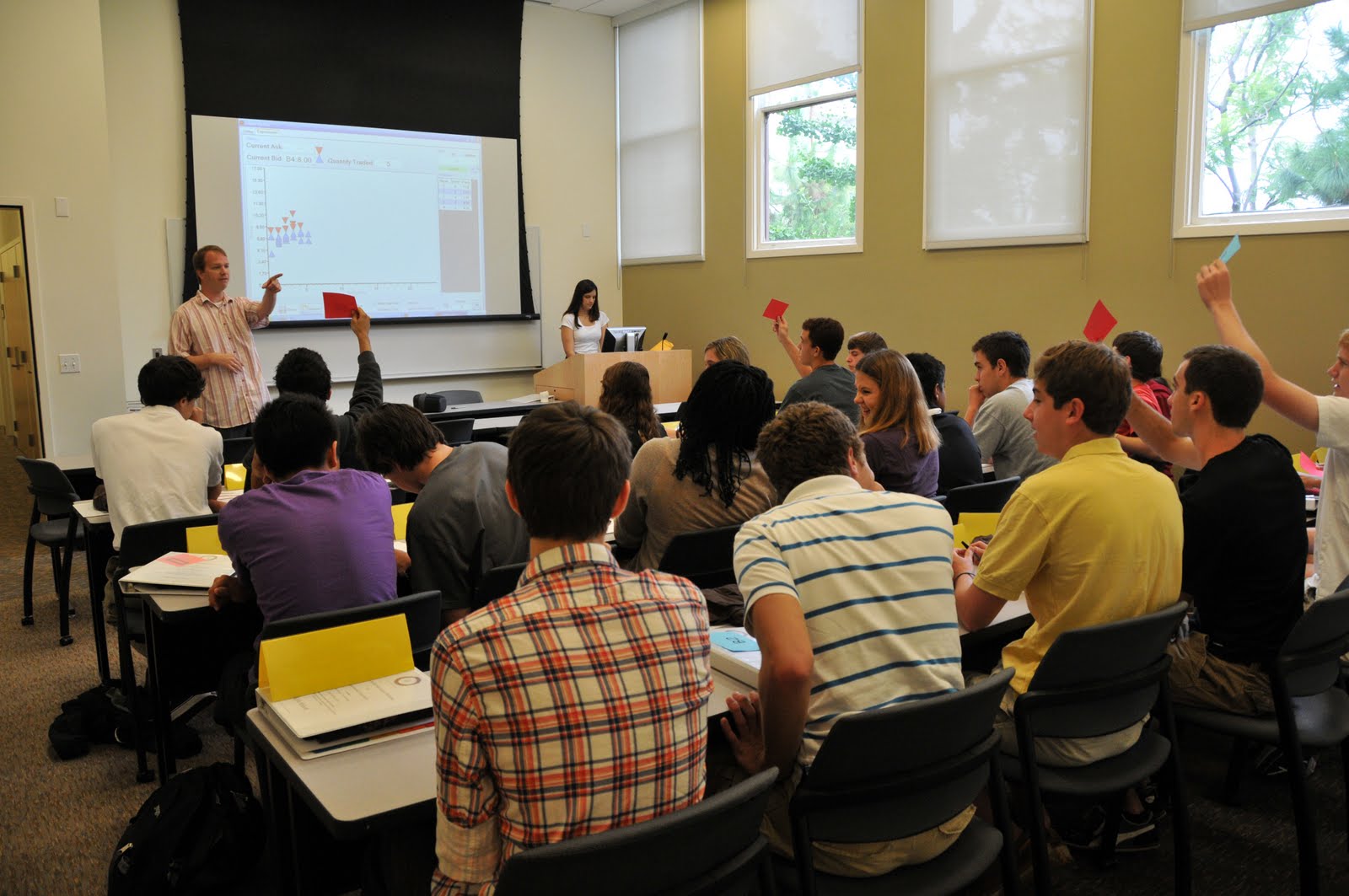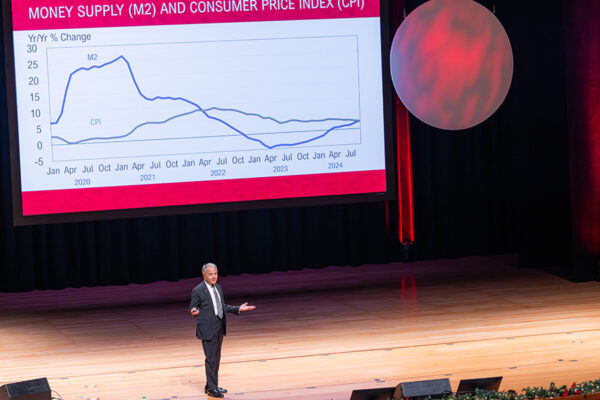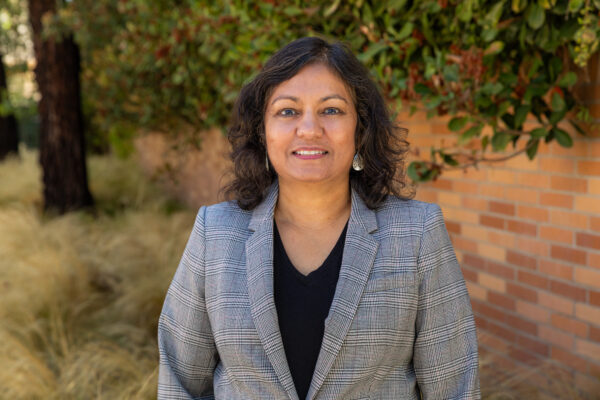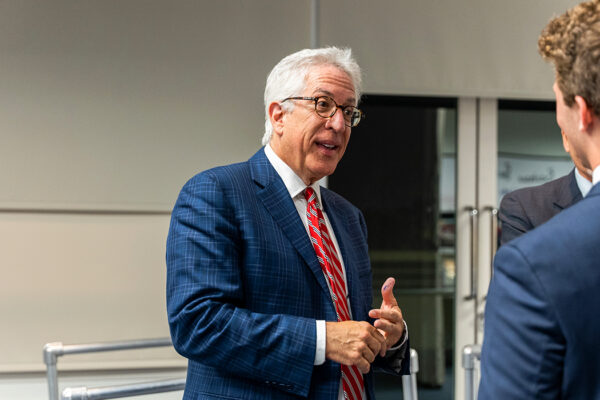For one week this summer Omar Rodriguez, 17, gave up hanging with friends and making trips to the beach to sit in a classroom at Chapman University and learn economic theory. The senior from Orange High School admits he wasn’t too hot about the idea at first but was surprised by the experience.
“I actually thought that this class would be boring,” says Rodriquez, who was referred to the Vernon L. Smith High School Workshop in Experimental Economics by his algebra 2 honors teacher at Orange High School. “But just learning how people react to certain situations where money’s involved is very interesting.”
The workshops are sponsored by Chapman University’s Economic Science Institute and the International Foundation for Research in Experimental Economics, a nonprofit organization dedicated to supporting education in experimental economics, a field of study that uses laboratory techniques to examine everything from auction behavior to investment incentives.
There is nothing else like these workshops in the country, says Bart Wilson, Ph.D., professor of economics and law and a member of the ESI team that arrived at Chapman in 2008. Dr. Wilson taught and managed the program at the University of Arizona and George Mason University before bringing it to Chapman, but its inspiration came directly from Vernon. L. Smith, Ph.D., Nobel laureate, professor of economics and law and holder of the George L. Argyros Endowed Chair in Finance and Economics at Chapman.
“The way Vernon put it was that in high school their minds are wide open, and our hope is that we can get them to think about things in a way they’ve never thought about them before,” Dr. Wilson said.
Indeed, the students work hard, but the program still has the flavor of a summer camp for budding economists. There are even games, of a sort. Throughout the week students participate in game theory situations and problems that explore issues of trust, fairness and group decision-making. On one recent morning the 20 students in attendance filled a lab at ESI and launched into a computerized game that put them in direct competition for a limited population of fish.
With each round, their virtual boats grew increasingly larger, but fish reproduction rates remained unchanged. So the population nosedived. The students quickly realized there was an incentive to cooperate on fishing limits. Students couldn’t speak directly to each other, but their computerized chat room lit up with badgering.
“Dude, stop fishing.”
“There are going to be no fish left, you guys.”
Watching the game play out from an observation room was Kyle W. Hampton, Ph.D., director of the Alaska Center for Economic Education at University of Alaska, Anchorage, who is teaching the program for Chapman this summer. Dr. Hampton chuckled.
“The threats are working for now,” he said.
But they apparently came too late. In the lab, students shook their heads, laughed and added more comments to the chat screen.
“Ok, I’ll stop, but my kids are going to be hungry tonight!”
“Omigod the fish are all gone.”
While it’s all fun in the lab, the lessons learned help students realize that economics is not a dry science but a discipline of human behavior that touches nearly every aspect of life, from housing bubbles to baseball strikes and the price of online music, Hampton says.
“Not only are they discovering some hands-on experimental economics, but they’re also observing themselves,” Hampton says.
Hampton knows his audience, too, and peppers his lectures with references to the movie Caddyshack and outtakes from episodes of Family Guy and The Simpsons to illustrate his points. It’s exactly the kind of teaching Philip Baca, a teacher from the New Mexico Military Institute in Roswell, N.M., came to study. Baca received a special grant from his school to observe the Chapman workshop and incorporate its techniques at his school.
“Economics has changed so much in the last few years,” Baca says. “We need to change the teaching and the thinking.”





More Photos from week two:
Week 2
Thanks for sharing. Great shots!
Where can I get the fishing computer program that you used for the simulation?
Contact Bart Wilson at bjwilson@chapman.edu .